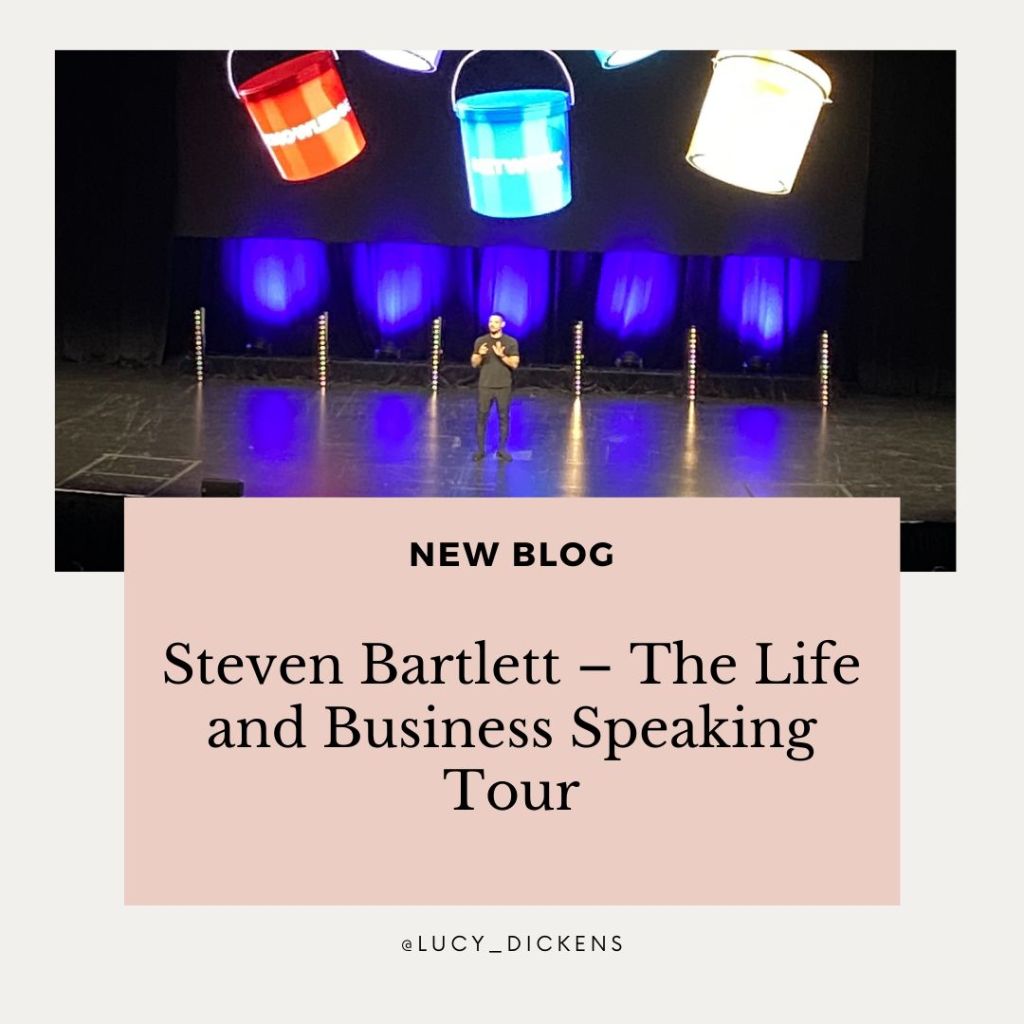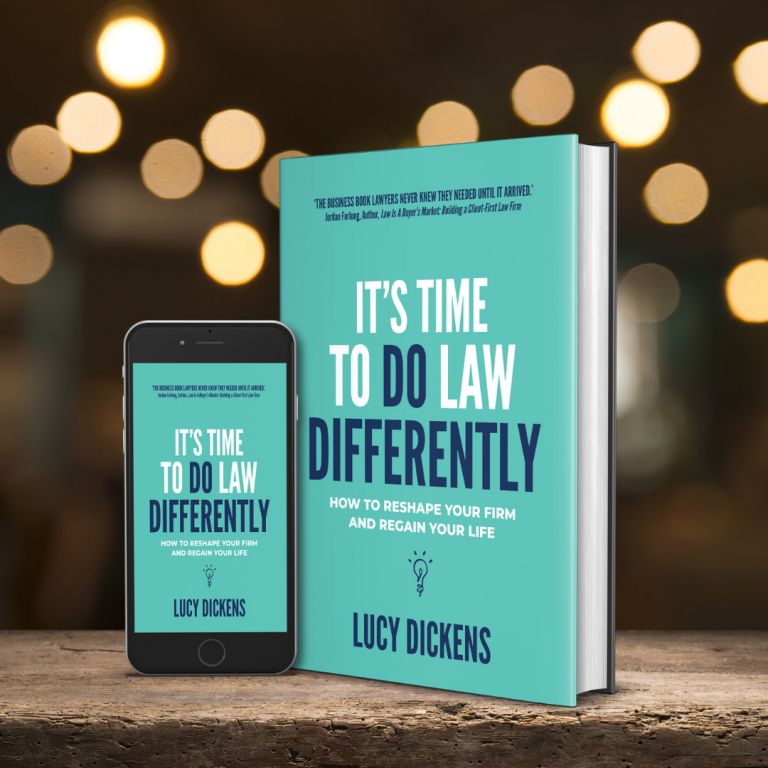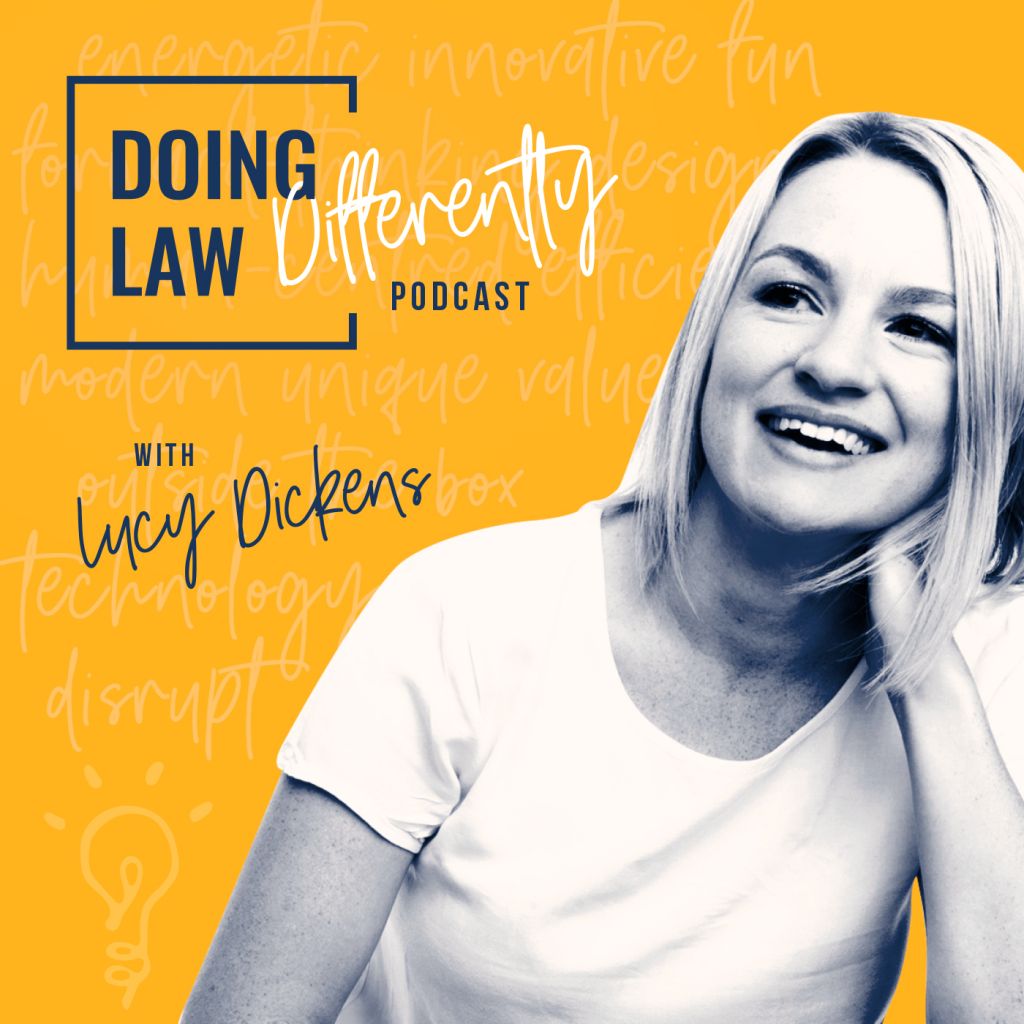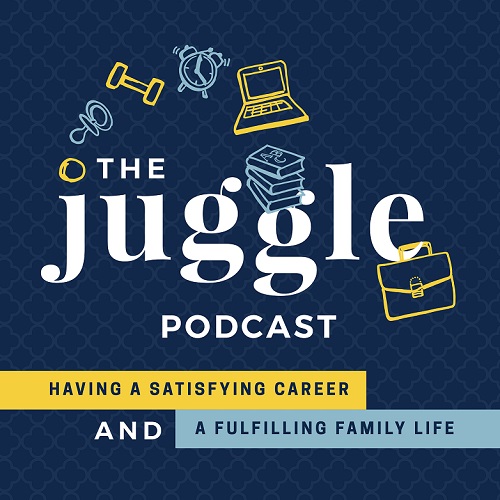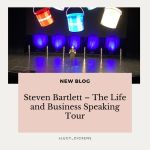I’m a huge fan of Steven Bartlett and The Diary of a CEO. I have learnt so much from listening to his podcast interviews and was so excited when I heard he was bringing his speaking tour to Perth. We usually miss out on these things!
I could do a write-up, but I’d do a disservice so instead of that, I’m just going to share a type-up of my scribbled notes from the evening. If anything sparks your interest, grab a copy of Steven’s book, The Diary of a CEO where he shares his “33 Laws of Business and Life”, many of which feature in the notes below.
Steven Bartlett – The Life and Business Speaking Tour. April 2024. Perth.
Goals
- The promises and commitments you make to yourself are the most important ones.
- Anti-climax from achieving goals. Why? Because of the realisation that “I lied to myself.” Pursued the goal for ego / self-validation, over other reasons.
- Set incompletable goals. Write a personal incompletable mission statement. No podium moment or finish line.
5 buckets
- 5 buckets – fill the in order of importance. See book for details:
- Knowledge
- Skills
- Network
- Resources
- Reputation
- Life always brings you back up or down to the level of your knowledge and skills. Focus on knowledge and skills and life will always bring you back to where you should be.
Rare and complimentary skills
- People who are the best at what they do focus on skill stacking. Not just polishing current skills, but on combining rare and complimentary skills. E.g. boxer who also studied dance, Natalie Portman (actress) studied psychology to help her embody the role of her characters; Steve Jobs skills in design are what make Apple unique and different; Steven Bartlett rare and complimentary skill marketing and social media.
- What are my rare and complimentary skills? How can I focus on these as my 20%?
- Every industry has rare and complimentary skills, but most people focus on the common skills.
- Your co-founders should be the gaps in your skill stack.
- Who, not how – I’m good at “this” many things. I’ve built my career by only being good at “this” many things.
How to ask
- Ask a lot. Don’t take no for an answer. But quantity isn’t everything.
- Get comfortable with the word no. He’s heard it a lot.
- How to ask – RICE = Reward, Ideology, Coercion, Ego
- Steven gave a great e.g. of an email asking for cameras using this formula. I didn’t manage to capture it, but I’m sure it will be published somewhere.
Recruitment and team
- The fundamental game of business is about assembling the best team.
- “The team you build is the company you build.”
- Recruitment should be taken seriously, dedicate a lot of time to it.
- Role of a CEO:
- Get the best people
- Bind them with a great culture
- Set a mission that is valuable and that they buy into
- The thing that enabled me to build exceptional companies was hiring people that are better than me, then get out the way and put those exceptional people first.
- When analysing a person’s performance: think about the person; if everyone in the business was like them, would the culture be raised or lowered? If lowered, you need to let them go.
Power of 1% gains
- Book recommendation – The Slight Edge, Jeff Olson – the smallest things in our life that make the difference.
- 1% gains – feeling of progress, helps team feel like they’re going somewhere.
- Care about the small stuff and the execution. The details matter. Ultimately this is what will help you stand out from the competition (as well as help the team feel engaged).
Failure
- Failure – we see it as loss, and this creates a loss aversion, and we fear failure.
- If you want to become more successful, you need to fail more.
- View failure as feedback. You can help predict success by whether someone took the time to learn from failure.
- Big successes (from lots of experimentation) compensate for the things that didn’t work.
- Increase the rate of experimentation and you’ll increase success.
- The biggest cost in business isn’t being wrong, it’s the time we take (waste) waiting to make a decision, or waste trying to make something work that failed.
- 100% certainty only exists in hindsight.
Marketing
- We have to be prepared to piss off 80% or we’ll never turn on 20%.
- Make people feel something. They need emotion to like, subscribe or buy. Don’t be bland.
- The best marketing is created from the lens that the world doesn’t give a fuck about you.
The peak is poison
- AI is the single greatest disruptive force.
- Look out for cognitive dissonance, and then lean into it. If it feels strange and counterintuitive, it might be the next best thing – e.g. horses/cars. No one wanted cars because they were expensive, slow, broke down etc. what if you lent into cars before your competitors?
- The Innovators Dilemma – what is the downward opportunity in your market? Get on the bulldozer (e.g. he is a podcaster, creating an AI podcast, embrace the change and get on the front foot).
